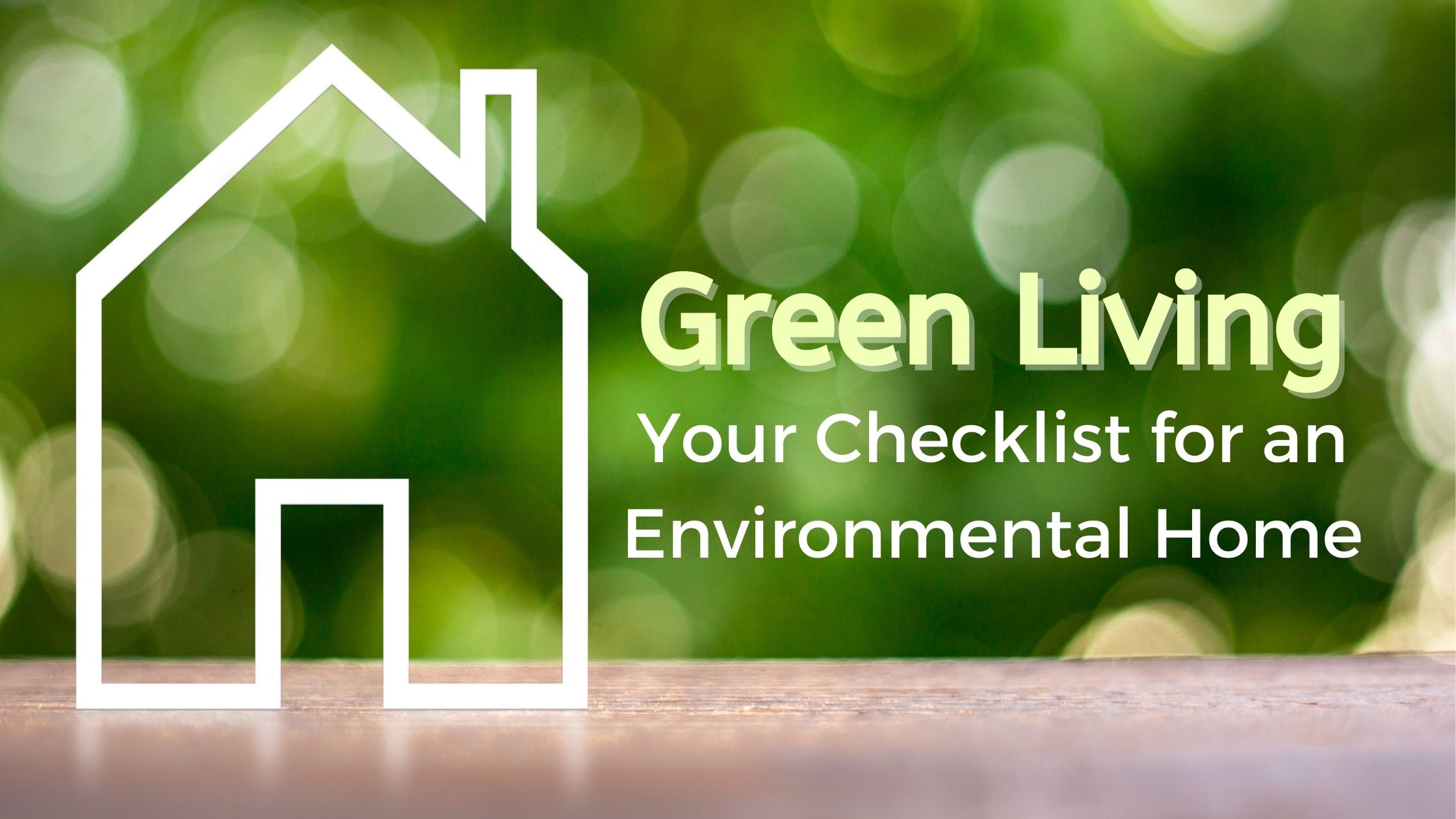


As environmental awareness is flooding into our everyday lives, “green living” is fast developing into an economic trend. The good news is, being a good global citizen does not require a considerable amount of effort. The most minor changes around the home can result in beneficial changes to our planet, your wellbeing, and the happiness of your wallet.
The chance to plant your footprint into making a difference has never been easier, now with green products and techniques no longer part of a boutique industry. Every little bit helps, and there are numerous ways to effectively improve your home’s efficiency and live in an environmentally friendly home. Here are some ways to start:
When greening your home, the number one consideration is windows. Most of your home’s energy loss is through your windows, so ensuring you have coated glass or energy-efficient curtains or blinds is essential.
Window coverings offer some insulation working towards lowering heating and cooling costs without compromising your décor and design. For those that want the best of both worlds, readymade roman blinds make for a terrific choice giving the luxurious appearance of curtains combined with the mechanisms of blinds.
To keep your home cooler in summer, it is a good idea to shade your east and west windows. The frame of your windows can also play a big part in green living as the commonly used material UPVC (unplasticized polyvinyl chloride) can release toxic compounds. Wood-framed windows are a much greener alternative because they are more insulated, easier to repair, and last longer.
If your appliances are more than 10 years old, it is a good idea to start working towards replacing them with energy-efficient models that display the “Energy Star” logo. Every appliance has a label that shows how much power it consumes, so the old fridge out the back holding just a carton of beer could be costing you $200 a year.
Another huge energy hog is the water heater. A water heater can cost the most money all year; therefore, it should always stay updated and well maintained. Making a switch to a tankless water heater is another great way to reduce the energy used to heat water since the water is only heated when it is needed. No power is required when hot water isn’t needed.
Once you have studied your power bill, cross-checked with these labels, you will be able to figure out how much each appliance costs to run and whether replacing it would be a cheaper option. For appliances that don’t require replacing, make sure you regularly check for leaky parts and get them repaired as soon as possible. Doing this will help significantly with your water saving too.
LEDs are the most durable and eco-friendly lighting option around. They are low maintenance, super pleasant on the environment, and save money on the power bills. The amount of light an LED fixture puts out can be 10xs more than what old-style lamps provide.
LEDs also use directional optics allowing for task-specific lighting. Instead of just having light wasted in all directions, LEDs can push the light in a specific way, only illuminating the area required. No more wasted energy to light up unnecessary spaces.
As opposed to standard halogen lights, LEDs consume a fraction of the energy, providing more light, generates less heat, and requires less power. The significant drop in temperature from these lights lowers air conditioning needs, making it very cost-effective.
Solar lighting systems are another great way to reduce your energy usage. Small solar lights for your garden and larger ones for security that are motion-activated can be used to reduce overall energy usage at night in your outdoor areas.
In most places, there are strict regulations about water use to take the strain off the environment. To reduce your water usage, optimize your lawn watering schedule and adjust your sprinklers to minimize waste.
The installation of rain barrels or other rainwater collection systems for irrigation helps with water conservation efforts. This system allows you to collect water when rainy and use that to irrigate your gardens when there is little rain.
Investing in water-efficient appliances that are also energy-efficient will help use less water and shorter run times. Using front load washers, low flow toilets, low flow showerheads, aerators in your faucets all will reduce your water usage on day-to-day tasks.
Air conditioning units are one of the other energy hogs we have to worry about, especially in those HOT summer months. When creating your spring-cleaning checklist, add your air conditioner to the list!
Cleaning out the filters of your air conditioning unit or replacing them regularly will ensure the airflow is doing its job correctly.
Servicing your unit is beneficial in continuing regular maintenance. Making sure all belts, coils, fluids, and everything else is up to par before the heat of the summer starts will make sure that your system runs as efficiently as possible.
Creating compost is a great way to keep your garden even greener with its multiple eco-friendly benefits. Scraps such as eggshells, fruit and vegetable peels, tea bags, and stale bread are the perfect food for your compost pile and can improve the health of your soil while giving back to the environment and controlling household waste.
There are many different ways we can all do our part in reducing the impact we have on the earth. Contacting your local government reps, holding corporations to doing their part, and working on our consumer habits are great ways to impact this planet positively. What are some of your other tips for going green? Let us know in the comments below.
Author Bio: This article is written by Jayde Ferguson, who writes for Super Blinds Mart, a Perth-based company offering energy-efficient curtains and blinds.
